ABOVE: a woman selects fresh produce at a farmers market. By participating in SNAP and HIP programs, local farmers markets are serving an important demographic in need of higher quality food — seniors; photo by W PRODUCTION, stock.adobe.com
When we were younger, we cooked. I don’t mean we put a frozen pot pie in the oven. Dinner was an all-day process. We fed big families with big working-man appetites. Now, too many of us default to the Marie Callender’s option.
I picked up a bundle of fresh radishes at a farmers market today. When a neighbor who I know loves them went by on her walk, I ran for the bag so I could offer her a few. You would have thought they were gold, which they are to an older person who no longer drives and who depends on Meals on Wheels and groceries picked up by a home health aide. Meals on Wheels are too often carb overload and overcooked. I see that the suggested donation has gone up a buck. Even borderline healthy food is more expensive.
Each summer, low-income seniors are offered coupons with which they can get produce at the farm market. Except that many seniors don’t drive. Or if they do, can’t find a space near the event. Farm markets provide access to the things that lift our spirits. Music, kids, furry friends, and especially healthy food. If you can get there. And this year the USDA coupons that are usually handed out at the Harper Center in Williamstown in July will not be available until August.
If a Williamstown senior signs up for it, the “brown bag” that is available from the Food Bank can be picked up once a month from the Harper Center, not always easy, particularly in bad weather. It is typically canned goods, many off-brands that include high fructose corn syrup and other questionable ingredients. Occasionally, there is a package of dried fruit, but more often the usual bag of rice and can of beans. I quit after accumulating enough of both to last for a long time and many pots of chili.
We are fortunate to have food pantries in town, including the weekly pantry at Sts. Patrick and Raphael Parish Center and the monthly pickup at the Community Baptist Church. But they are only as effective as the ability to access them. Like the farm markets.
The Williamstown Farmers Market doubles senior coupons, as well as WIC. The North Adams Farmers Market has for years had many vendors who accept SNAP (Supplemental Nutrition Assistance Program, formerly Food Stamps). Through grant monies, North Adams has also implemented a system whereby a shopper can have up to a set amount deducted from their card, and in return receive double that amount in wooden chips with various dollar amounts printed on them to be redeemed at food vendors’ booths. This year, the amount is $30 a week. Up to that amount, which you determine, is deducted from the SNAP card in exchange for twice that ($60) in wooden coins to be spent any time during the market season. So if you would rather save some for late season vegetables or perhaps meat for the freezer, you can.
HIP (Healthy Incentives Program) is a component of SNAP that provides free fruits and vegetables. The monthly cap for a single senior, for example, is $40. Not all vendors offer HIP. The entire program is managed by the Department of Transitional Assistance.
One North Adams vendor, Full Well Farm, offers HIP (shout out to Meg and Laura). Only one Williamstown vendor, Bigfoot Farm (nod to Brian), currently offers SNAP (but not HIP). Farm market manager Leslie Reed-Evans told me, “We are working with USDA to become a fully SNAP market, we hope as soon as next month. We are waiting for final approval from USDA and funding for token purchase.” She added, “Once we have the EBT [Electronic Benefit Transfer] processing in place we hope to work on adding HIP.”
So much food, right? But what about accessibility?
During the height of COVID, people in town volunteered to go grocery shopping for seniors, who it was learned were especially vulnerable. These people gave their time, but more important care and caring that they extended to their elderly neighbors. Thank you.
With even more benefits becoming available, especially at the Williamston Farmers Market, perhaps it’s time to consider how seniors can better access healthy local food and apply for benefits to make it more affordable. A bus run might be offered to see if it would bring more seniors to the market once they’ve received their coupon books. Informational sessions about SNAP could be held for seniors and their families with volunteers to help with the paperwork, which is relatively simple compared to some government applications.
If other communities have created workable plans to achieve these goals, please let me know so that we can learn from your/their successes. [email protected].


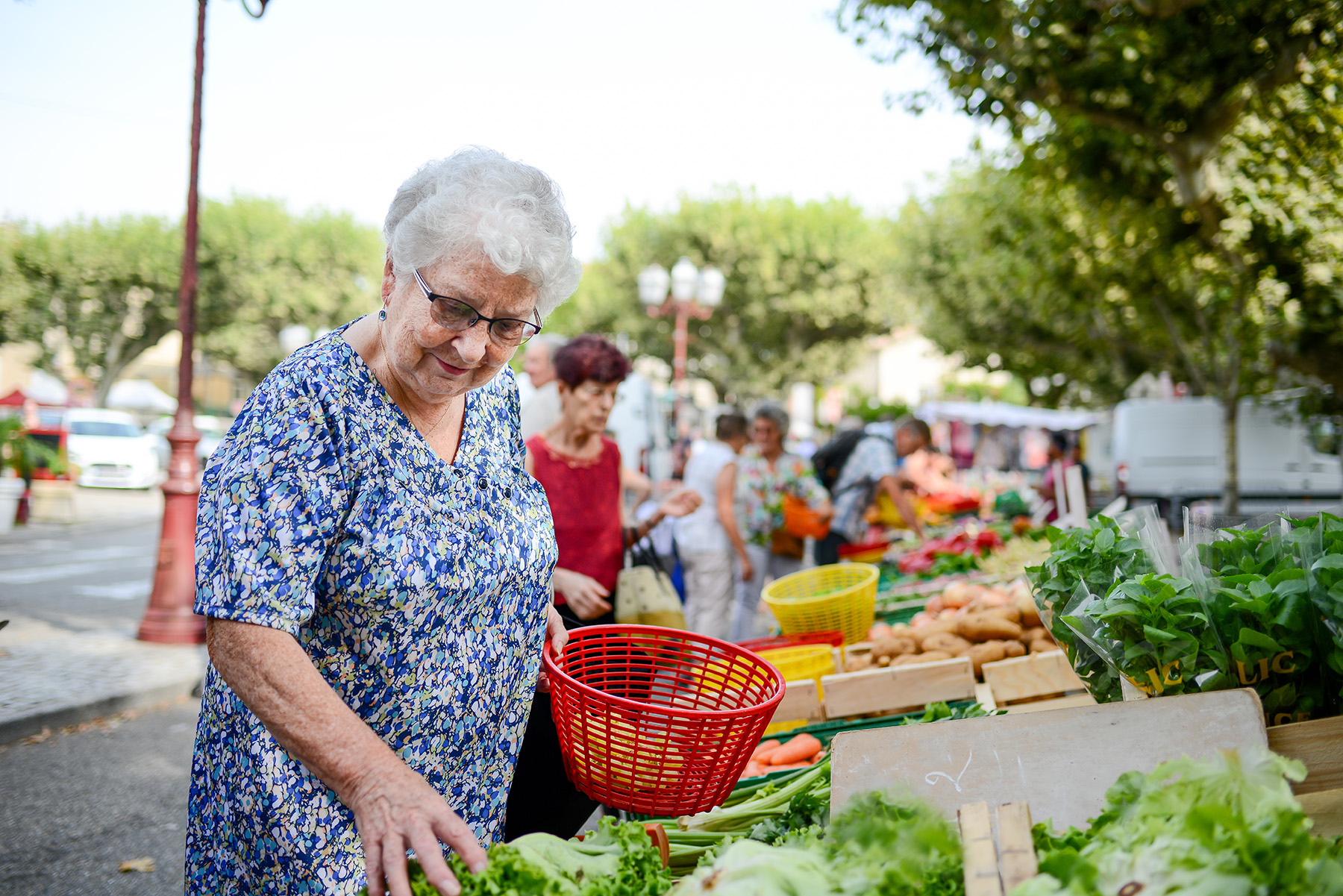


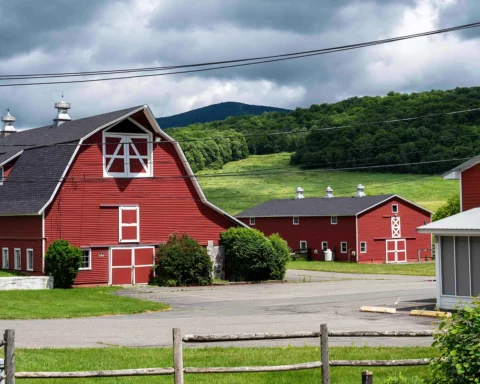
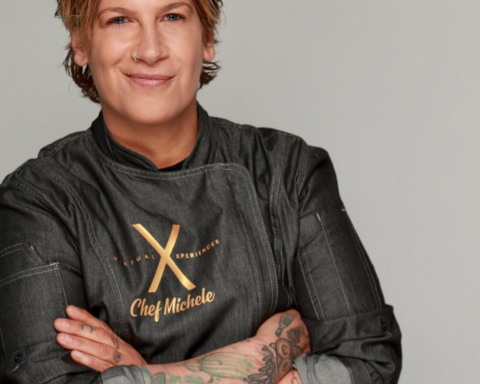
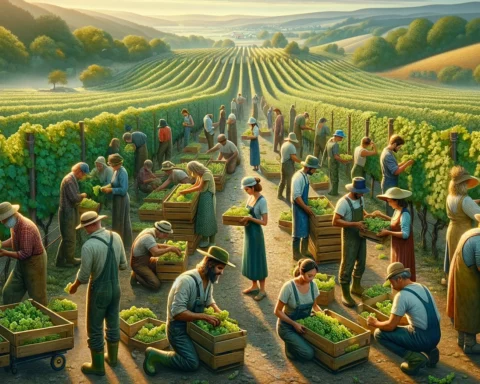
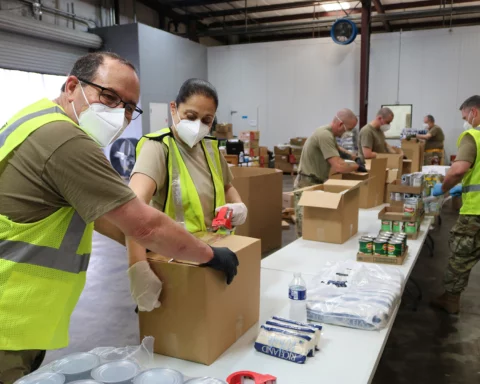
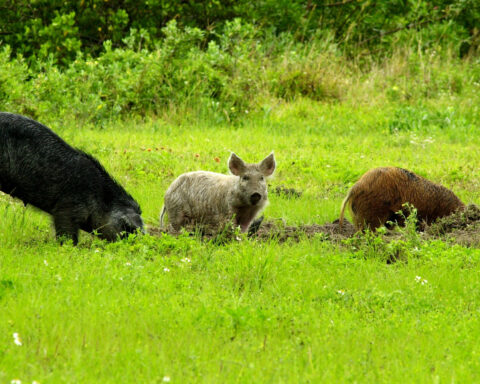
This article answered questions I had about the Williamstown Market and gave me some new information. Thank you, Sheila!